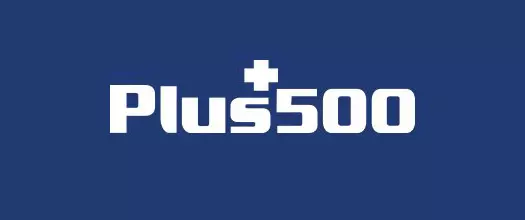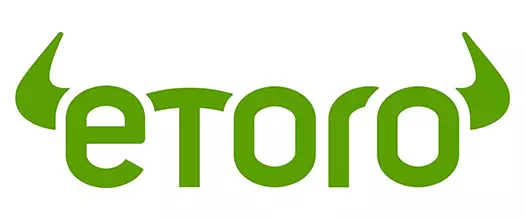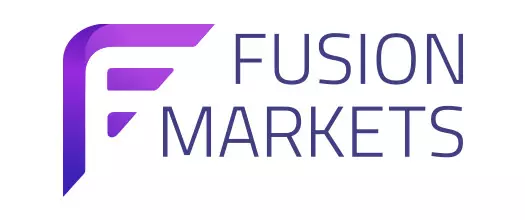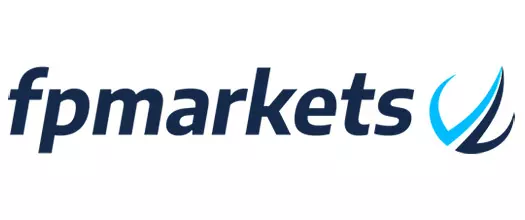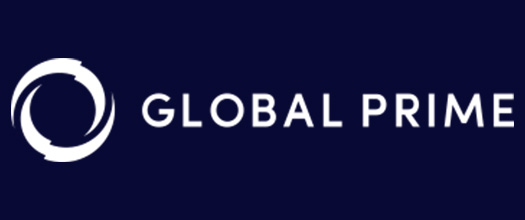- Jump to:
- Curated List of The 10 Best Forex Brokers for NZD/USD Trading
- How NZD/USD Trading Works for Traders and Brokers
- FAQ
Our team of expert traders has tested several regulated and trustworthy forex brokers and compiled a top list of the best brokers for trading NZD/USD. Each broker received a quality score based on several factors, including Trustpilot rating, regulation, fees and commissions, available trading platforms, customer service, and more.
 Plus500 USThis content applies only to Plus500 US and clients from the United States. Trading futures involves the risk of loss.
Plus500 USThis content applies only to Plus500 US and clients from the United States. Trading futures involves the risk of loss. eToro61% of retail investor accounts lose money
eToro61% of retail investor accounts lose money Fusion Markets74-89% of retail's CFD accounts lose money
Fusion Markets74-89% of retail's CFD accounts lose money FP Markets73.85% of retail investor accounts lose money
FP Markets73.85% of retail investor accounts lose money Global Prime74-89% of retail CFD accounts lose money
Global Prime74-89% of retail CFD accounts lose money Pepperstone75.5% of retail investor accounts lose money
Pepperstone75.5% of retail investor accounts lose money
Our team has thoroughly evaluated all brokers listed below using TradingPedia’s exclusive methodology.
Curated list of the 10 best forex brokers for NZD/USD trading
Starting to trade in the FX market can be an arduous endeavour. There seems to be an endless amount of information to sift through and learn, and the process becomes even harder when the time comes for you to choose your broker.
The past few decades have seen a boom in retail forex investment, as the internet has provided ample opportunities for brokers to offer their services online, thus making FX trading accessible to individual traders. The sheer number of brokers on the web can be overwhelming, and aspects such as the spread, commission, and a broker’s regulators are all factors one should consider before settling on a broker. In order to assist you with this process, we have gathered some of the best NZD/USD brokers below.
- Brand
- Trading platforms
- Minimum deposit
- Regulations
- Trading instruments
- Spreads
- Leverage for Forex CFDs
- Leverage for Crypto CFDs
- Leverage for Indices CFDs
- Deposit methods
- Withdrawal Methods
- Commission per Lot
- Contact details
The NZD/USD pair indicates how many US dollars are required to buy one New Zealand dollar. It is a commodity pair, as the NZD and the New Zealand economy in general are heavily influenced by agricultural factors. Whole milk powder is among the country’s largest exports, which means that the NZD’s value tends to increase when global dairy prices rise. When dairy prices are down, however, trading the Kiwi also becomes less appealing.
The NZD/USD pair is available at the majority of online brokerages, giving investors who prefer this pair plenty of websites to choose from.
How NZD/USD trading works for traders and brokers
A forex pair consists of two currencies. The first one, which here is the New Zealand dollar, is called the base currency. The other is referred to as the quoted currency, and in this pair that is the US dollar. Investors use lots to decide how many units they should trade, and a standard lot consists of 100,000 units.
The NZD/USD is also popular among carry trade enthusiasts. A carry trade is possible when one of the currencies in the pair you focus on has an interest rate higher than that of the other currency. The investor can then use the low-interest currency to convert into the other. If you hold this position and the exchange rate remains unchanged, you earn a profit from the interest rate differential. Carry trading can be very risky, especially during periods of high volatility or economic turmoil. Therefore, caution is advised for anyone contemplating this strategy.
